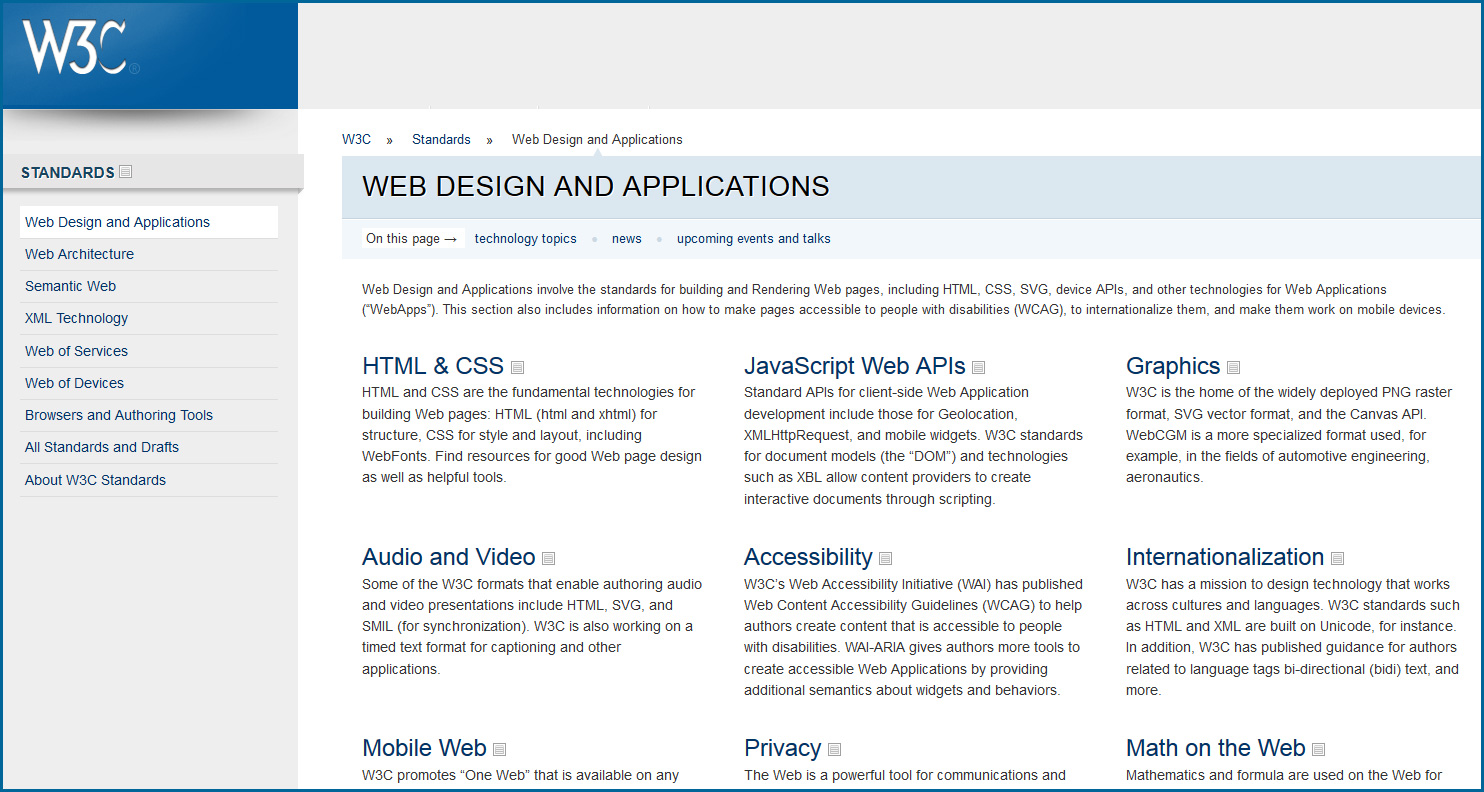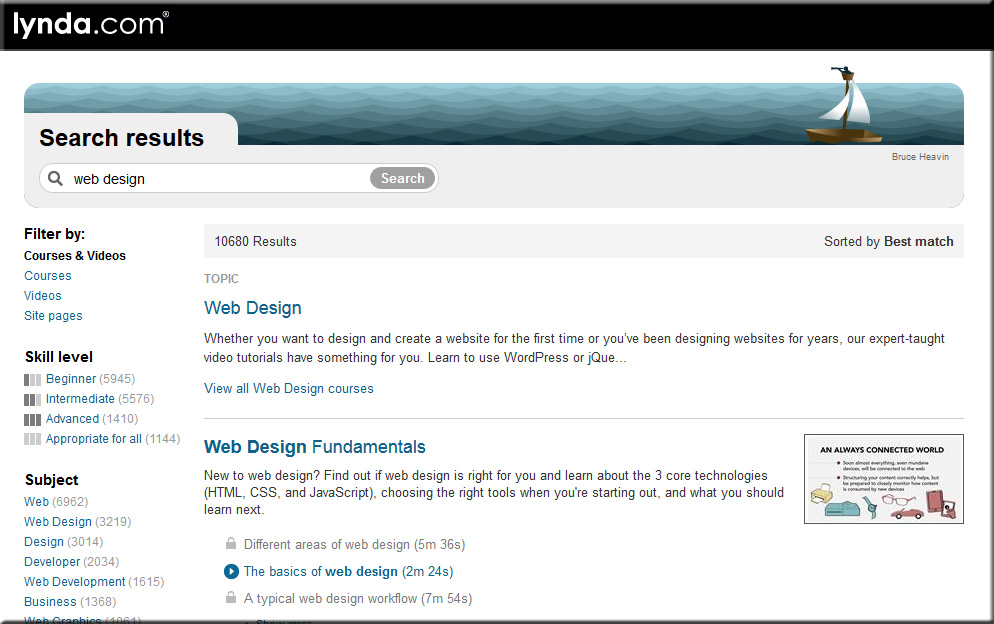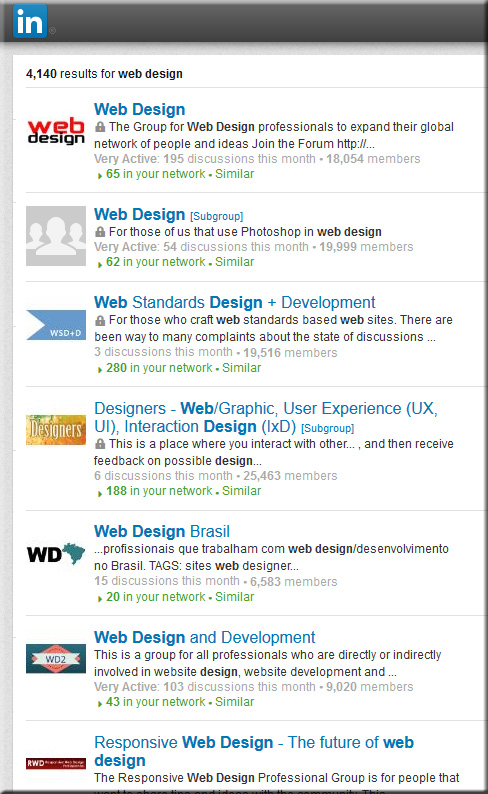W3C: Web Design & Applications
Web Design Groups on LinkedIn.com
Relevant hashtags on Twitter:
Top Designer Google+ Communities You Should Follow — from hongkiat.com by Charnita Fance. Filed in Web Design.
Excerpt:
If you are active on Google+ there are a lot of communities for web designers or UI designers to join. Google+ Communities are like online groups or forums where people can come together to talk about a common hobby, interest or career (such as Design). Only members of a given community can see your posts in their stream. As a designer, this is great because you can share your work and get feedback from thousands of other designers, for free.
In the design communities below, you’ll find lots of great information, freebies, tips and tricks, and personal design work from members. Plus, you can ask for help or offer help to others. Let’s find the perfect Google+ design community for you.
Fresh Resources for Designers and Developers — March 2014 — from hongkiat.com
Infographic: HTML5 vs. native mobile app development [updated] — from kony.com by Dipesh Mukerji — also see his posting: Developing apps with HTML5: benefits and challenges
Responsive e-learning in a Multi-Device World — from elearning-reviews.traineasy.com
Excerpt:
“Day by day, the number of devices, platforms, and browsers that need to work with your site grows. Responsive web design represents a fundamental shift in how we’ll build websites for the decade to come,” says Jeffrey Veen, CEO & Cofounder of Typekit.
New ebook all about web design for Google Glass — from glassalmanac.com by Christian Bullock
Excerpt:
Well that was fast.
As someone who didn’t really know too many people were currently all about ensuring a site’s web design was fit for Google Glass browsing, there’s now an eBook by author Joe Casabona (known for his blog People Reacting to Glass) that’s a guide to web design for Glass.
Pretty cool idea and something I could see as being crucial when Glass launches publicly. I’m sure Glass adoption won’t be as high as tablet or smartphone adoption rates, but as we’re seeing now, it’s necessary for web designers to think of other ways people are interacting with websites aside from normal desktop or laptop computers.
Addendums on 4/1/14:
- The importance of psychology in web design — from creativebloq.com
- Ethan Marcotte on how responsive web design came about — from creativebloq.com











